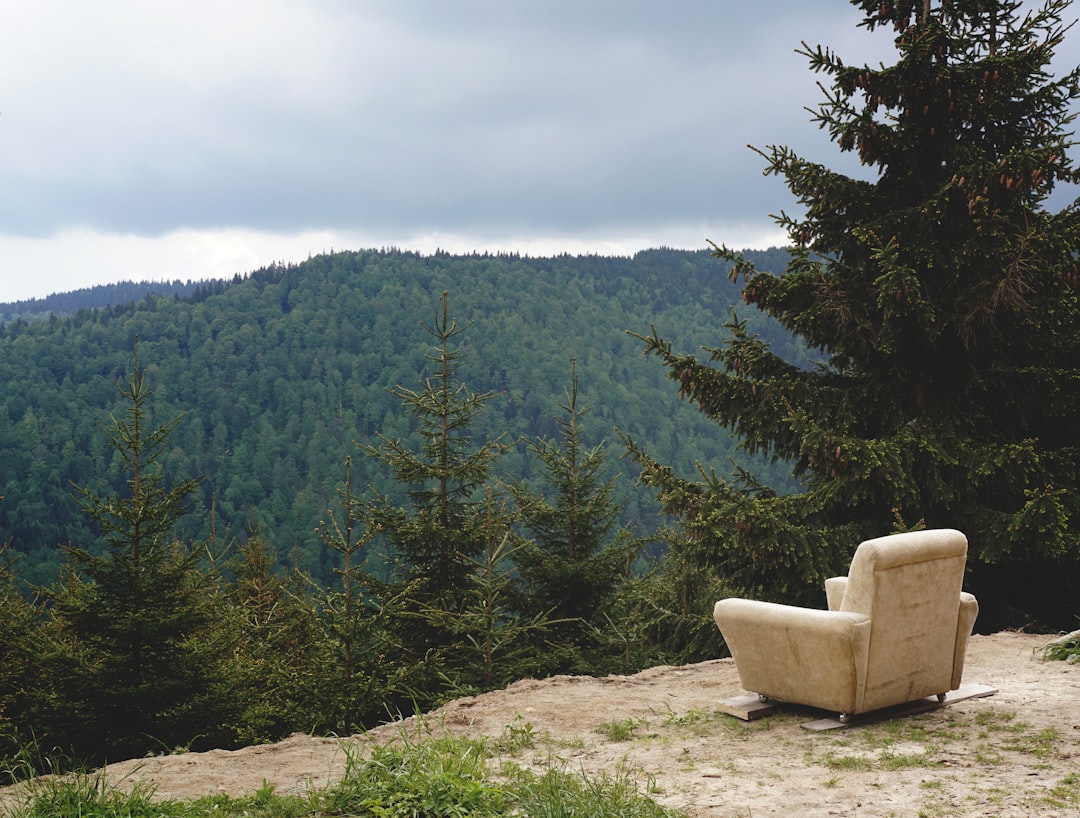Welcoming the Silence
If we're truly nearing the end of the social media era, how might we use the silence to create something new?

Yesterday, as I soaked up the late-spring sun atop my paddle board, I contemplated the end of Web 2.0.
I listened to Jon Favreau and Ben Smith talk about the "Last Good Day on the Internet" (it was the day we couldn't decide on the color of the dress) and about what new media companies like BuzzFeed News got wrong about social media. I heard Derek Beres talk with Ben Cohen about how all conspiracy theories end in anti-semitism and how metrics-driven media are likely to lean into extremist views. I considered the ways the attention economy drives a cycle of rapid development and abandonment in our "real world" communities while listening to Paris Marx and David A. Banks.
I sensed again what seems like a looming silence.
If AI creates an Instagram post and no one is paying attention, does it make a sound?
I considered the countless people making things to share with others—articles, videos, art, ideas—and the ambiguity of the media environment in which they'll be released. I thought about the conversations I've had with podcasters who do good work and worry they won't be able to reach people who want to hear it.
We've been saturated in an overwhelming amount of media for so long that the specter of silence implicit in the "end of the social media era" is frightening.
So many people clamor after the few remaining likes and shares available to those who aren't interested in playing whatever game is currently being played. I've arm-wrestled for these fleeting whispers of validation myself. Even the smallest evidence of traction can be enough to keep fighting.
We struggle against silence. We vie for relevance.
For almost as long as I've been writing on the web, people have talked about the pain of releasing something "to crickets." We've learned to associate the sound of crickets—an aural stand-in for silence—with irrelevance. No response is a bad response, a rejection.
Silence became a rebuke of what we've created and, by extension, who we are.
The philosopher Bernard Dauenhauer cautioned against perceiving silence this way. Instead of silence being a “lack” of response (or meaning, or attention, etc.), it is what makes discourse possible. Talking with each other will always produce moments of silence. We need silence to create meaning across our varied perceptions and experiences.
Today, silence is the most likely response to what we share. It doesn't mean that we've created something bad or that we're bad. It means people just aren't gathering on the platforms where we typically share things as much as they used to. Further, the silence we do encounter might be a prelude to deeper engagement.
What if we welcomed the silence?
What if we stopped fighting the silence and started using it?
For my 40th birthday last September, I gave myself the gift of silence. I left the constant din of Lititz traffic and rented a cabin on a lake in the Adirondacks. I spent 4 days all by myself. I floated on my paddle board for hours, reading, thinking, and listening to podcasts (not exactly silence, but still quiet). Minute by minute, I felt the vibrations of noisy life leave my body.
This short retreat wasn't so much about rest as it was about relief. It relieved me of the ravages of noise for a few short days and gave me a supply of silence that I could use.
Sure, I find myself anxious about how the next chapter of the internet will emerge. I worry about those who have come to rely on the particular tools and culture that shaped the web over the last decade. And yes, I worry about myself, too.
But today, I'm also feeling profoundly hopeful about what we might do with less noise in our internet lives. And I look forward to seeing what we might create with a new supply of silence.



